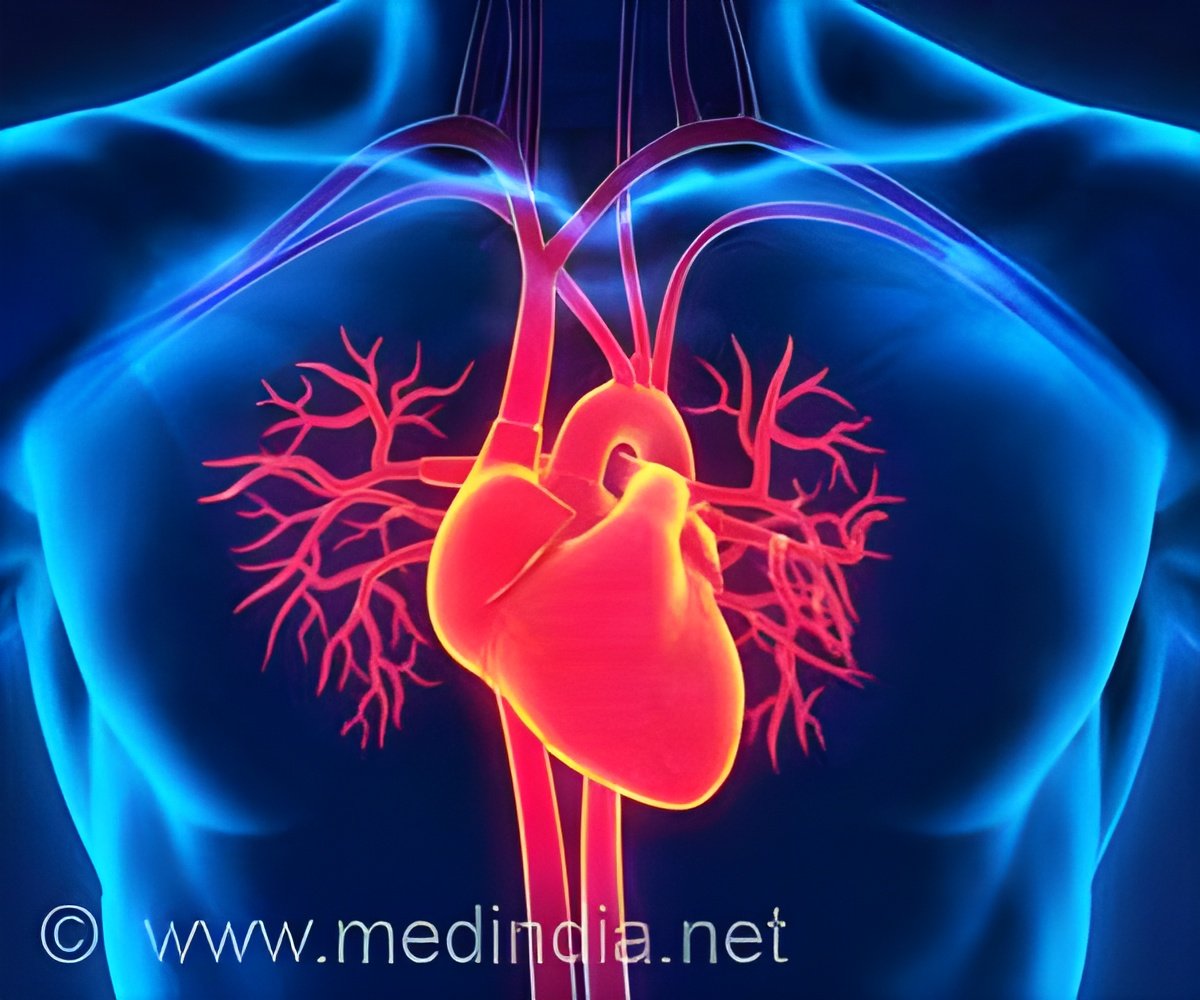The infections can potentially reach other major organs and result in organ damage or even death. As per GBD data, Pneumococcus (aka Streptococcus pneumoniae) accounts for 53.14 per cent of DALYs and 59.42 per cent of deaths in LRI (lower respiratory infections) in India.
MAJOR CAUSES OF INFECTION
* Pneumococcus bacteria can be transmitted from person-to-person by direct contact with respiratory secretions, such as saliva and mucus of patients or healthy carriers.
* In India, S. pneumoniae has been identified as the commonest pathogen, accounting for about 16%-55% of cases (where diagnosis was possible) of community-acquired pneumonia (CAP) in adults.
PUBLIC HEALTH CHALLENGE OF PNEUMOCOCCAL DISEASE
This may be noted here that Government of India has introduced the pneumococcal conjugate vaccine (PCV) into its national immunization in 2017, however it is not rolled out yet for the elderly population. India accounts for 23 per cent of global pneumonia burden with case fatality rates between 14 and 30 per cent, and Streptococcus pneumoniae is considered a major bacterial aetiology.
Community-acquired pneumonia (CAP) is the main cause of mortality and morbidity with important clinical impact across the globe. One of the risk factors associated with Covid-19 is secondary bacterial pneumonia; A study found that 94.2 per cent patients were co-infected with at least 1 of 39 different pathogens.
Bacterial coinfections were predominant (91.8 per cent) over viral (31.5 per cent) and fungal (23.3 per cent) infections.
In a IJMR study entitled community-acquired bacterial pneumonia in adults conducted by Eshwara, Mukhopadhya and Rello, it stated there has been surge in the hospitalization of the elderly populations including intensive care units (ICU) due to CAP, especially in the older population.
The case fatality rate ranges from 2 to 20 per cent reaching up to 50 per cent in patients admitted to ICUs and varies between healthcare settings, geographical region, patient categories and age. In an another Pubmed study Predictors of mortality in patients with severe Covid-19 pneumonia – a retrospective study it was 4,012 confirmed cases of Covid-19 were admitted to hospitals, of which 560 (13.95 per cent) with severe pneumonia were included in the study. Mean age was 57.75 ± 13.96 years. The mortality rates were 54.64 per cent among severe Covid-19 cases and 5 per cent among mild to moderate Covid-19 cases.
While ageing and chronic diseases increase the risk of pneumococcal diseases, certain occupations further enhance them. Some of the individual factors are ageing, changing disease epidemiology, presence of chronic diseases, smoking etc., whereas some of the other occupational risks of pneumococcal diseases are exposure to dust/certain particles and fumes, sudden change in the temperature etc.
Covid-19 has been reported to cause severe pneumonia and acute respiratory distress. Experts have observed more than 80 per cent of the pneumonia currently is caused due to Covid-19.
Full Covid vaccination may still take another year or so, and we also have cases where despite vaccination they have been afflicted by Corona. The virus is fast mutating, hence there is a lingering fear that Corona vaccination may not be sufficient.
Therefore, it makes astute socio-economic sense to give Pneumococcal Conjugate Vaccine Jab to elderly populations. There is an urgent need to address this issue through multi-pronged strategy and strong advocacy with key policy actors and stakeholders. The vaccine is substantially cost effective and shows decent effectiveness against Pneumococcal disease.
The vaccine has been selected in India’s immunisation programme in selected states but needs universalisation. Pneumococcal pneumonia has adverse effects especially in those people who have recovered from Covid-19.
Source: IANS



